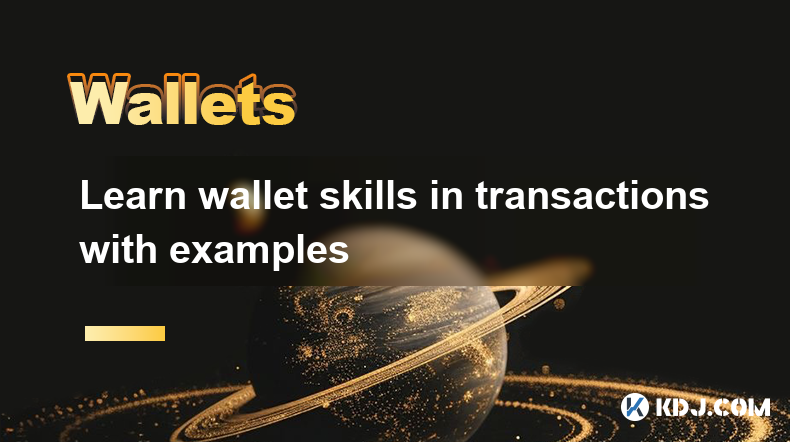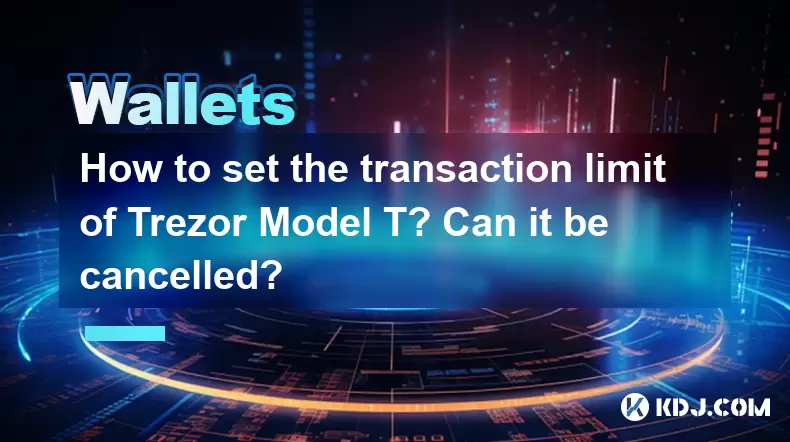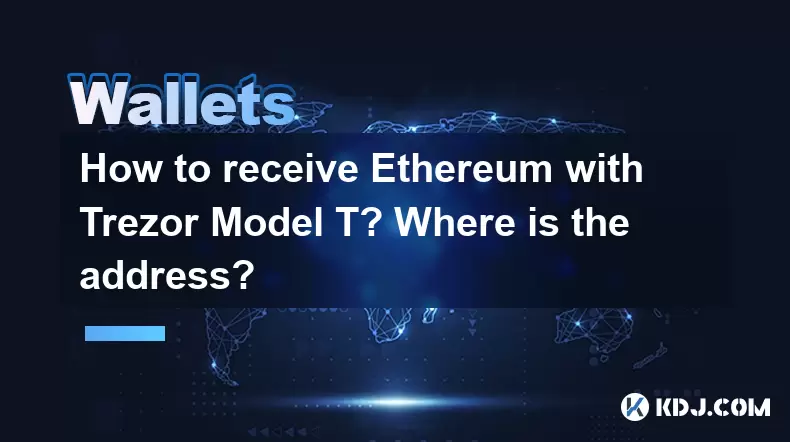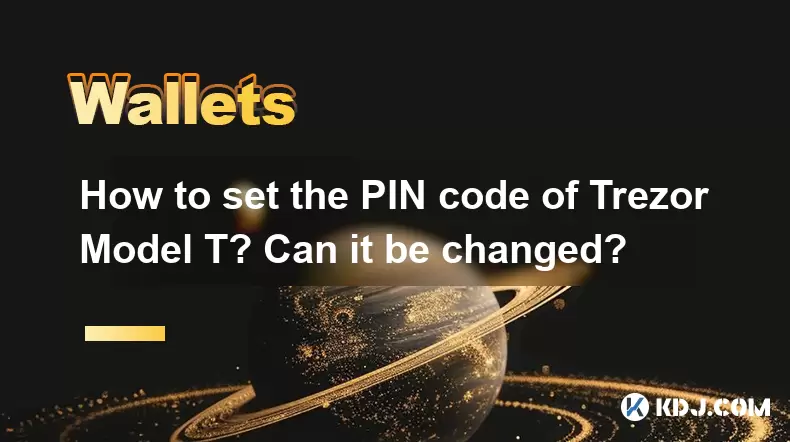-
 Bitcoin
Bitcoin $102,775.0532
3.21% -
 Ethereum
Ethereum $2,329.3928
20.41% -
 Tether USDt
Tether USDt $1.0001
-0.02% -
 XRP
XRP $2.3584
7.05% -
 BNB
BNB $631.0132
2.36% -
 Solana
Solana $164.9678
7.92% -
 USDC
USDC $0.9999
0.00% -
 Dogecoin
Dogecoin $0.2040
11.51% -
 Cardano
Cardano $0.7832
9.58% -
 TRON
TRON $0.2590
3.36% -
 Sui
Sui $3.9252
6.00% -
 Chainlink
Chainlink $15.9843
8.02% -
 Avalanche
Avalanche $23.1174
9.77% -
 Stellar
Stellar $0.2998
10.20% -
 Shiba Inu
Shiba Inu $0.0...01499
11.60% -
 Hedera
Hedera $0.1997
7.33% -
 Bitcoin Cash
Bitcoin Cash $420.9433
1.83% -
 Hyperliquid
Hyperliquid $24.5473
13.18% -
 Toncoin
Toncoin $3.2470
4.13% -
 UNUS SED LEO
UNUS SED LEO $8.7533
-0.42% -
 Litecoin
Litecoin $98.2086
6.84% -
 Polkadot
Polkadot $4.5824
7.84% -
 Monero
Monero $303.9445
4.18% -
 Pepe
Pepe $0.0...01329
44.61% -
 Dai
Dai $1.0001
-0.01% -
 Bitget Token
Bitget Token $4.5250
4.82% -
 Pi
Pi $0.7326
17.63% -
 Ethena USDe
Ethena USDe $1.0001
-0.03% -
 Uniswap
Uniswap $6.3357
21.74% -
 Bittensor
Bittensor $431.7557
6.77%
Learn wallet skills in transactions with examples
To securely store cryptocurrency offline, hardware wallets offer enhanced protection by keeping private keys disconnected from the internet.
Feb 21, 2025 at 07:07 am

Article: Learn Wallet Skills in Transactions with Examples
Key Points:
- Understanding the types of cryptocurrency wallets
- Managing private keys and seed phrases
- Receiving, sending, and storing cryptocurrency
- Transferring cryptocurrency between wallets
- Monitoring and safeguarding transactions
Understanding the Types of Cryptocurrency Wallets
- Hardware Wallets: Physical devices that store private keys offline, providing enhanced security against hacking and malware.
- Software Wallets: Digital applications run on computers or mobile devices, offering accessibility and convenience while requiring more user vigilance.
- Web Wallets: Online services that allow users to store and manage cryptocurrency through a web browser, potentially less secure than other options.
- Paper Wallets: Printed copies of private keys, offering an offline storage solution but requiring careful handling to prevent loss or damage.
Managing Private Keys and Seed Phrases
- Private Keys: Unique codes that allow users to access and control their cryptocurrency funds. They must be kept secret and secure.
- Seed Phrases: Lists of words that can be used to recover private keys in case of loss or theft. They should be backed up securely and kept confidential.
- Best Practices: Store private keys and seed phrases offline, preferably in multiple locations. Avoid sharing them with others or storing them electronically.
Receiving, Sending, and Storing Cryptocurrency
- Receiving: Involves providing a public address associated with your wallet to the sender. Once the transaction is confirmed on the blockchain, the funds will be deposited into your wallet.
- Sending: Requires the recipient's public address, the amount of cryptocurrency to be sent, and confirmation of the transaction through a digital signature.
- Storing: Once received, cryptocurrency should be stored securely in a suitable wallet based on your security and access requirements.
Transferring Cryptocurrency Between Wallets
- Internal Transfer: Moving cryptocurrency between different addresses within the same wallet. Usually requires minimal effort and fees.
- External Transfer: Sending cryptocurrency from one wallet to another belonging to a different user. Involves providing the recipient's address and may incur network fees.
- Cross-Chain Transfer: Moving cryptocurrency between different blockchains, such as transferring Bitcoin from the Bitcoin blockchain to the Ethereum blockchain. Requires additional steps and potentially higher fees.
Monitoring and Safeguarding Transactions
- Transaction Tracking: Use blockchain explorers or wallet software to monitor incoming and outgoing transactions, ensuring accuracy and preventing unauthorized access.
- Security Measures: Employ strong passwords, enable two-factor authentication, and regularly update wallet software to protect against hacking and fraud.
- Common Scams: Be aware of phishing emails, fake websites, and unauthorized transfer requests to avoid losing funds.
FAQs:
- What is a blockchain? A decentralized, distributed ledger system that records cryptocurrency transactions and prevents tampering.
- What is a public key? A mathematical code paired with a private key that enables users to receive cryptocurrency.
- How do I choose a cryptocurrency wallet? Consider factors such as security, ease of use, accessibility, and support for different cryptocurrencies.
- What if I lose my private key or seed phrase? Funds will be permanently inaccessible unless you have a secure backup.
- Can I send cryptocurrency to a non-cryptocurrency address? No, transactions are only possible between compatible addresses on relevant blockchains.
Disclaimer:info@kdj.com
The information provided is not trading advice. kdj.com does not assume any responsibility for any investments made based on the information provided in this article. Cryptocurrencies are highly volatile and it is highly recommended that you invest with caution after thorough research!
If you believe that the content used on this website infringes your copyright, please contact us immediately (info@kdj.com) and we will delete it promptly.
- AI predicts this altcoin could outshine Polkadot and Polygon by 2025, here's why investors are watching XYZVerse.
- 2025-05-09 17:05:15
- SHIB Whale Accumulation Hits Trillions
- 2025-05-09 17:05:15
- SpacePay Aims to Improve How We Send and Receive Money, Targeting the Everyday User
- 2025-05-09 17:00:12
- We are all being urged to check our change for a rare £2 coin that could be worth more than £500
- 2025-05-09 17:00:12
- Two Sigma's 10 Stock Picks with Huge Upside Potential
- 2025-05-09 16:55:13
- DN Miner Free Cloud Mining Platform Has Become an Ideal Choice for Convenient Acquisition of Bitcoin and Dogecoin
- 2025-05-09 16:55:13
Related knowledge

How to create a Dogecoin wallet? What are the steps to store Dogecoin safely?
May 09,2025 at 05:07pm
Creating a Dogecoin wallet and ensuring the safety of your Dogecoin are essential steps for anyone interested in participating in the cryptocurrency ecosystem. Dogecoin, originally created as a meme-inspired cryptocurrency, has gained significant traction and requires secure management to protect your investments. This article will guide you through the...

How to set the transaction limit of Trezor Model T? Can it be cancelled?
May 09,2025 at 10:35am
Setting the transaction limit on a Trezor Model T is an essential feature for users who want to enhance their security and manage their cryptocurrency transactions more effectively. This guide will walk you through the detailed steps to set a transaction limit on your Trezor Model T, as well as how to cancel it if needed. Understanding Transaction Limit...

How to generate a new address with Trezor Model T? Is there an upper limit?
May 09,2025 at 07:36am
Introduction to Trezor Model TThe Trezor Model T is a highly respected hardware wallet in the cryptocurrency community, known for its robust security features and user-friendly interface. It supports a wide range of cryptocurrencies and allows users to manage their digital assets securely. One of the essential functions of any hardware wallet is the abi...

How to enable Tor for Trezor Model T? Will the speed be slower?
May 09,2025 at 05:14pm
Enabling Tor on your Trezor Model T provides an additional layer of privacy and security by routing your transactions through the Tor network. This guide will walk you through the process of enabling Tor on your Trezor Model T and discuss the potential impact on transaction speed. Preparing Your Trezor Model T for TorBefore you begin, ensure that your T...

How to receive Ethereum with Trezor Model T? Where is the address?
May 09,2025 at 06:28am
Receiving Ethereum with a Trezor Model T involves a few straightforward steps that ensure your transactions are secure and your private keys are protected. The Trezor Model T is a popular hardware wallet that supports Ethereum and a variety of other cryptocurrencies. Let's explore how you can receive Ethereum on this device and locate your Ethereum addr...

How to set the PIN code of Trezor Model T? Can it be changed?
May 09,2025 at 07:29am
Setting up and managing the PIN code on your Trezor Model T is an essential aspect of securing your cryptocurrency. The PIN code acts as a primary layer of security, ensuring that only you can access your funds. In this article, we will guide you through the process of setting up your initial PIN code and changing it if necessary. We will also discuss t...

How to create a Dogecoin wallet? What are the steps to store Dogecoin safely?
May 09,2025 at 05:07pm
Creating a Dogecoin wallet and ensuring the safety of your Dogecoin are essential steps for anyone interested in participating in the cryptocurrency ecosystem. Dogecoin, originally created as a meme-inspired cryptocurrency, has gained significant traction and requires secure management to protect your investments. This article will guide you through the...

How to set the transaction limit of Trezor Model T? Can it be cancelled?
May 09,2025 at 10:35am
Setting the transaction limit on a Trezor Model T is an essential feature for users who want to enhance their security and manage their cryptocurrency transactions more effectively. This guide will walk you through the detailed steps to set a transaction limit on your Trezor Model T, as well as how to cancel it if needed. Understanding Transaction Limit...

How to generate a new address with Trezor Model T? Is there an upper limit?
May 09,2025 at 07:36am
Introduction to Trezor Model TThe Trezor Model T is a highly respected hardware wallet in the cryptocurrency community, known for its robust security features and user-friendly interface. It supports a wide range of cryptocurrencies and allows users to manage their digital assets securely. One of the essential functions of any hardware wallet is the abi...

How to enable Tor for Trezor Model T? Will the speed be slower?
May 09,2025 at 05:14pm
Enabling Tor on your Trezor Model T provides an additional layer of privacy and security by routing your transactions through the Tor network. This guide will walk you through the process of enabling Tor on your Trezor Model T and discuss the potential impact on transaction speed. Preparing Your Trezor Model T for TorBefore you begin, ensure that your T...

How to receive Ethereum with Trezor Model T? Where is the address?
May 09,2025 at 06:28am
Receiving Ethereum with a Trezor Model T involves a few straightforward steps that ensure your transactions are secure and your private keys are protected. The Trezor Model T is a popular hardware wallet that supports Ethereum and a variety of other cryptocurrencies. Let's explore how you can receive Ethereum on this device and locate your Ethereum addr...

How to set the PIN code of Trezor Model T? Can it be changed?
May 09,2025 at 07:29am
Setting up and managing the PIN code on your Trezor Model T is an essential aspect of securing your cryptocurrency. The PIN code acts as a primary layer of security, ensuring that only you can access your funds. In this article, we will guide you through the process of setting up your initial PIN code and changing it if necessary. We will also discuss t...
See all articles






















































































